I know that you’re already familiar with writer’s block. Every writer faces it at some point.
But, a copywriter’s purpose is quite different from a writer’s. A copywriter writes copy that sells.
And, copywriter’s block can produce some disastrous results.
Anyone can become a blogger. All you have to do is study your target audience, figure out the keywords that they’re searching for, and learn how to write a 1,800-word article.
But, to write successful copy you have to understand the psychology of writing persuasive copy for a target audience.
Interestingly, if you’re a copywriter, you can easily craft a persuasive essay that captivates the user and influences their decisions. A creative copywriter usually makes a good blogger.
As a copywriter, your central idea may stem from the knowledge about the product that you intend to write copy about. But, if you don’t know how to craft a great title, begin the introduction or draft your outline, you’ve got a big problem.
And, if you don’t know when or how to ask for the sale, your conversion rate will suffer.
Let me show you how to beat copywriter’s block and craft persuasive writing that generates sales. Follow these 5 simple tips:
1. Read widely and take notes.
You can eliminate writer’s block, or copywriter’s block, by reading widely.
When you write, you are strengthening your writing muscle. This muscle grows stronger with every word you type out. You strengthen the same mental muscles when you read. The stronger your writing muscle, the less likely you are to succumb to writer’s block.
In this noisy world, many people are understandably giving up on reading. But, it’s the ultimate building block for writing anything worth reading.
If you write a blog, you may have noticed that reading other blogs, books, magazines, watching training videos, and listening to podcasts actually gets you fired up to write, among other benefits.
On the flip side, not reading will kill the impulse to write, leaving you struggling.
In his essay on “How Language Really Works,” Dan Kurland explains.
Reading is primary. One can write only as well as one reads.
In the same vein, if you’re struggling with writing persuasive copy, why not take a book off of the shelf and read like a maniac? But, don’t just read – take notes as you go, to help you focus your own central ideas and retain new information.
Moreover, read intensely. It’ll help you create better persuasive writing.
The more information that you feed your mind with, the more energized and enthusiastic you’ll be when it’s time to write up your central idea.
Reading even relieves stress and depression.
Writer Jeff Goins was right when he said,
Writers need to read, if they want to be good.
I couldn’t agree more.
Reading helped Kat Von Rohr become a better copywriter. I’m not a copywriter per se, but reading has made me a better blogger and content marketer.
Belle Cooper from Buffer Blog says,
You should read things that you hadn’t thought about reading.
To get you started on this path, here are “17 Books That Every Copywriter Should Read.”
2. Use your willpower to write 3 hours a day, 5 days a week.
Don’t wait for anyone to call you a writer. Affirm it for yourself.
That’s exactly what writer Jeff Goins advises in his book You Are A Writer. When you see yourself as a writer, you’ll write.
When you experience copywriter’s block, you may desperately want to write, but your fingers will literally become stiff, right?
So, why am I asking you to write more?
Well, the main point is that while it may not be convenient or pleasant and it’s certainly not easy, disciplining yourself to write consistently will help you to avoid blocks.
Use your willpower. Willpower is like a muscle – the more that you exercise and train it, the stronger it gets.
You’ll feel like you’re just running into a wall, but don’t give in. Write. Write. Write.
There’s no need to wait for inspiration to strike. Creative experts and prolific fiction writers don’t do that.
Instead, they plunge themselves into it, and, as they write, the words and inspiration flow automatically. It sounds counterintuitive, perhaps, but it’s true.
Here’s how screenwriter and author Joss Whedon clearly described the process of writing and editing: “It’s brutal.” This shows that it can hurt sometimes. It can be hard, but you have to push through.
Let’s get practical for a moment. Let’s assume that, as a copywriter, you were hired to produce persuasive writing for the GetResponse Landing Page Creator.
The goal is to get more free trial signups.
You may stare at the screen, not knowing how or where to begin, even though you’ve been creating landing pages for ages. But, you’ve got work to do. Your credibility and reputation are at stake.
Here’s what you should do:
i). Flesh out your thoughts: Without a doubt, you’ll have at least some thoughts on the subject. They may not seem sufficient to persuade buyers, but don’t worry about that right now.
Start writing out these thoughts, no matter how jumbled, disorganized, or distant from a central idea they may seem.
ii). Flesh out these thoughts: Now begin fleshing out and organizing those thoughts into an outline. Don’t worry about being persuasive yet. You’re just working to create a draft.
iii.) Edit the draft: It won’t be 100% perfect. Drafts never are. Review the draft slowly and you’ll feel the inspiration start to flow. You’re ready to edit and make it stellar.
Pay attention to every word, because they all have the potential, when organized and fleshed out appropriately, to communicate with and impact your target audience.
If you want to nurture your writing prowess, you need to cultivate a writing habit. Some ways that you can do that include:
a). Create the right conditions for writing: You need a routine. Most successful copywriters and bloggers know this, so they create favorable conditions for writing – perhaps after enjoying a cup of coffee or listening to specific music. Stick to whatever routine works for you – it’s the existence of the routine that’s important, not what it consists of.
Gradually, your routine will turn into a stimulus that ignites your creativity and helps you write better and faster. Charles Duhigg’s habit loop, from his bestseller, The Power of Habit, explains it better.
b). Set a specific time to write: There’s no rule here. The most important thing is to be disciplined and to write when the appointed time comes. Nothing should come between you and writing at that specific time.
c). Write every day: I left the best for last. After you’ve set the right conditions and have a specific time for writing, just keep reinforcing that habit. Don’t let anything stop you.
While you’re writing every day, you don’t have to publish every day. You may also want to save weekends as your reading days.
3. Study your competitor’s copy.
Sometimes, all that you need to create useful and fun-to-read copy is to study your competitor’s work.
Find other copywriters and marketers and learn from them. Find inspiration from their central ideas, but make them your own.
Don’t try to figure it out on your own.
Writing persuasive copy that sells isn’t all that difficult unless you’re a perfectionist, always wanting to write from scratch and make it awesome in the first draft.
Of course, there’s nothing wrong with working hard to make your copy convert. But, don’t constantly reinvent the wheel. Let other people’s examples of persuasive writing (especially your competitor’s) inform your own persuasive essays and inspire your own central ideas.
Analyze your competitor’s copy. What can you learn from their headlines, subtitles, product benefits, and features? For example, what can you learn from this copy?
At a glance, you’ll notice that the copywriter started the introduction by telling an awful story about an IRS audit. It triggers immediate fear and anxiety, right?
If you didn’t know how to start your own copy, this could at least give you some ideas. Maybe you’ve got an impactful or equally unpleasant experience in business that you can briefly share and bring to life with the power of persuasive writing.
Storytelling affects the brain and it’s a proven method for engaging your audience. After all, they’re human beings. And, every person that I’ve ever encountered loves a good story.
While analyzing the copy, you’ll likely begin to feel motivated to create something better, especially when you find a weak sentence or phrase. Allow those instances to inspire you into writing persuasive copy that is free of those flaws.
If you’re inspired by any section of the copy, tell yourself: “I can do better. I can use more power words in my own copy. And, I’ll do it right now.”
4. Take a break to meditate.
When you’ve got too many writing projects to attend to, taking a break may not seem like a viable option. But, you need to do it, for both your writing and your mental health.
When you experience extreme block, reading, writing, and associating with the right people may sometimes add to the frustration, even temporarily. But, taking a break, in order to meditate in a quiet place, never fails.
According to Psych Central, “taking breaks has been found to improve attention.”
And, writing content of any sort requires extreme attention. If you’re not focused, you may end up with competent writing, but chances are those words and sentences won’t impact anyone.
As a writer, I regularly take short breaks of about 15 – 30 minutes to meditate. Each time I do that, something spectacular happens: I get inspired.
Rebecca Gladding, a clinical instructor at UCLA, conducted a study on meditation. She found that during meditation, the brain actually changes state.
In her words:
Sitting every day, for at least 15-30 minutes, makes a huge difference in how you approach life, how personally you take things and how you interact with others. It enhances compassion, allows you to see things more clearly (including yourself) and creates a sense of calm and centeredness that is indescribable. There really is no substitute.
Take a meditation break, not just when you’re experiencing writer’s block but when you notice that your writing has become worn out and weak.
Remember, as a copywriter, your mind is your greatest asset and most effective tool.
So if you get stuck, admit that you’re stuck. Walk away and come back in 20 minutes. Meanwhile, meditate.
Some tips to guide you:
i). Take breaks daily: As a general rule of thumb, take breaks regularly. Even when things are going well, a 10-minute break is still good for you.
ii). Don’t give up: Taking breaks to meditate is good. But, don’t fall into the temptation of giving up or procrastinating by doing something else. When you’re on break and meditating, remember, that’s your job at that moment. Don’t get distracted or negotiate with yourself.
5. Create persuasive writing by answering relevant questions.
I haven’t written much sales copy in my career, but I’ve written lots of persuasive essays and created video scripts that engaged with my target audience and attracted high-paying clients to my business.
One of the reasons why my blogs generate a lot of organic traffic is because I focus on answering my users’ most pressing questions.
What questions are causing your users to wake up in the middle of the night, just to search Google for new answers?
Marcus Sheridan built his multimillion-dollar River Pools and Spas Fiberglass business by answering questions like that.
In this case, it’s not that you’re looking for strategies to improve copy conversions, but that you’re experiencing writer’s block – you don’t know what to write first.
Why not start from the burning questions of your target audience?
Let’s assume that you want to write new copy for Thrivethemes.com. What you need to do is to check the FAQ section for ideas.
Armed with these frequently asked questions, you can start your persuasive essay like this:
Are you looking for a content editor that you can use to write blog posts like a pro?
Are you tired of using short codes and writing fresh CSS?
Thrive Themes Content Editor can help…
You can find questions related to your product or topic on Quora.
For example, if you’re looking for questions related to real estate investing, you can go to Quora and search for that term:
If you need more questions, you can ask your target audience of email subscribers, social media fans and customers what they’re struggling with. Their answers will provide you with enough insights to write persuasive copy.
Conclusion
When it comes to writing persuasive copy that will convert visitors into customers, you need to be creative.
Don’t overthink it. If writer’s block is what you’re struggling with, get help.
Invite your client to lunch. Ask them open-ended questions relating to the product that you want to write copy about.
For example, you could ask your client why they created the product or developed the software in the first place.
I assure you that the answer you’ll get will be in-depth. Often, you’ll gain fresh and valuable insights about their ideal customers.
Have you experienced copywriter’s block? How did you overcome it?


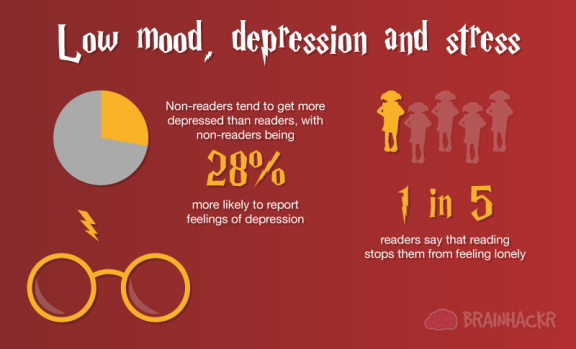


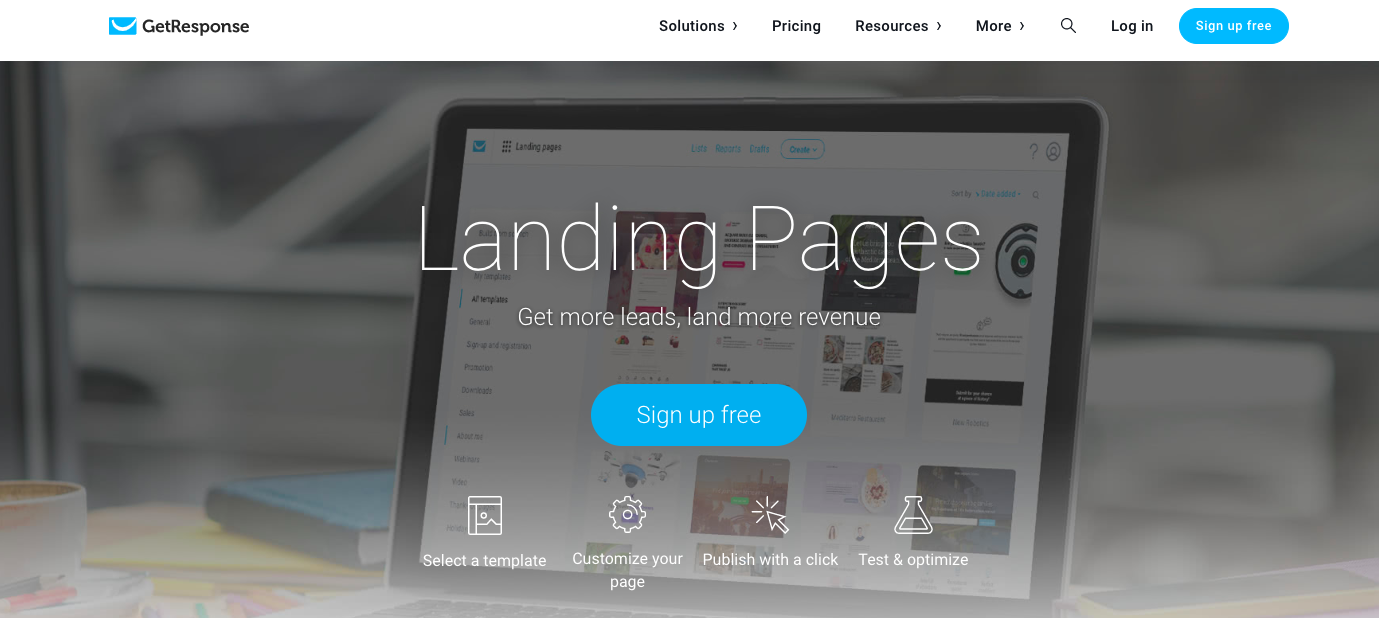
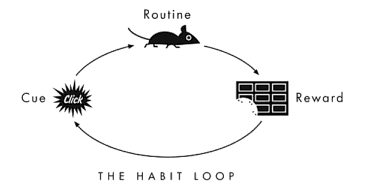

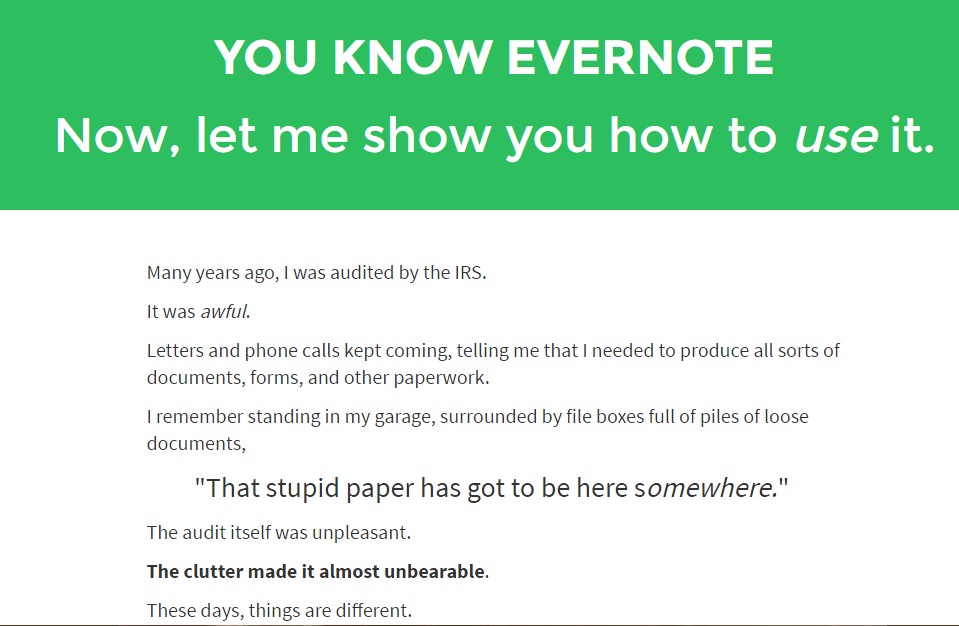
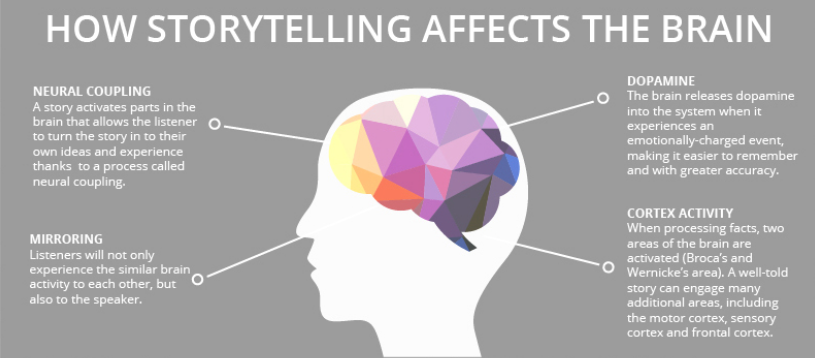
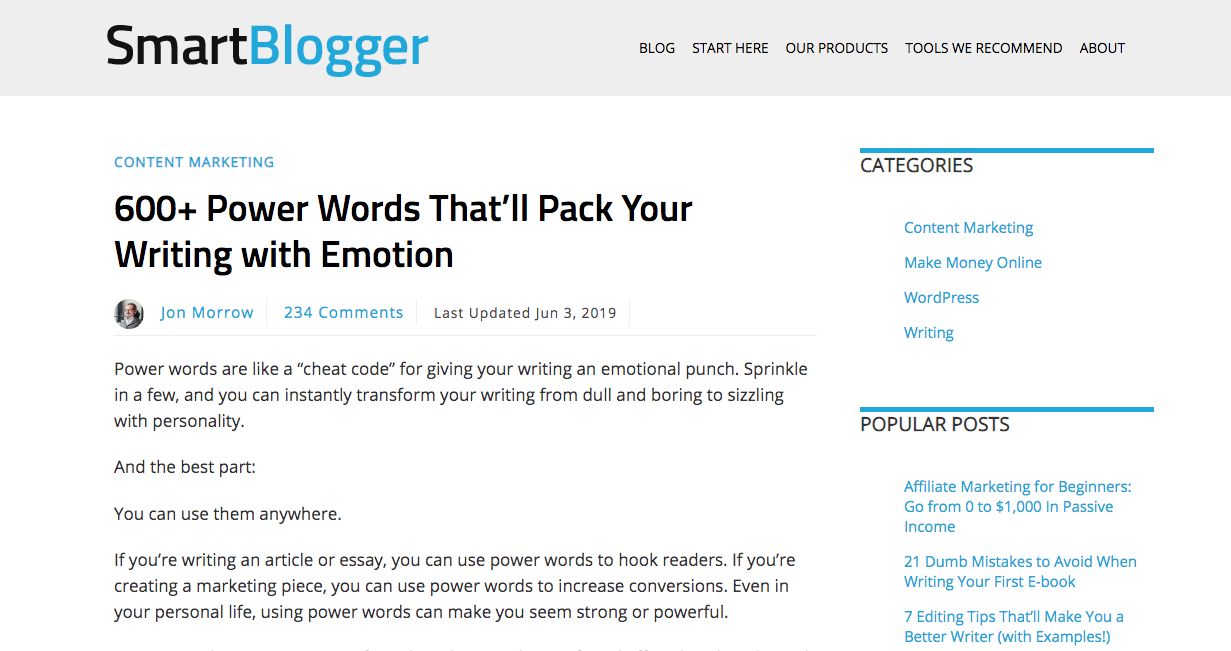

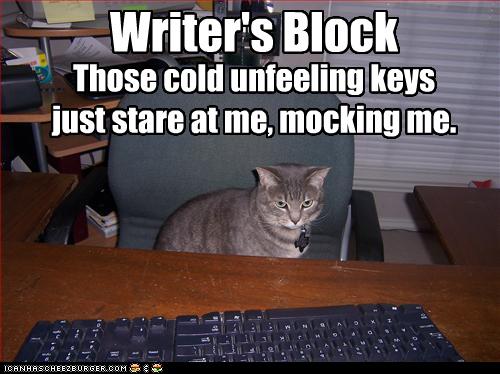

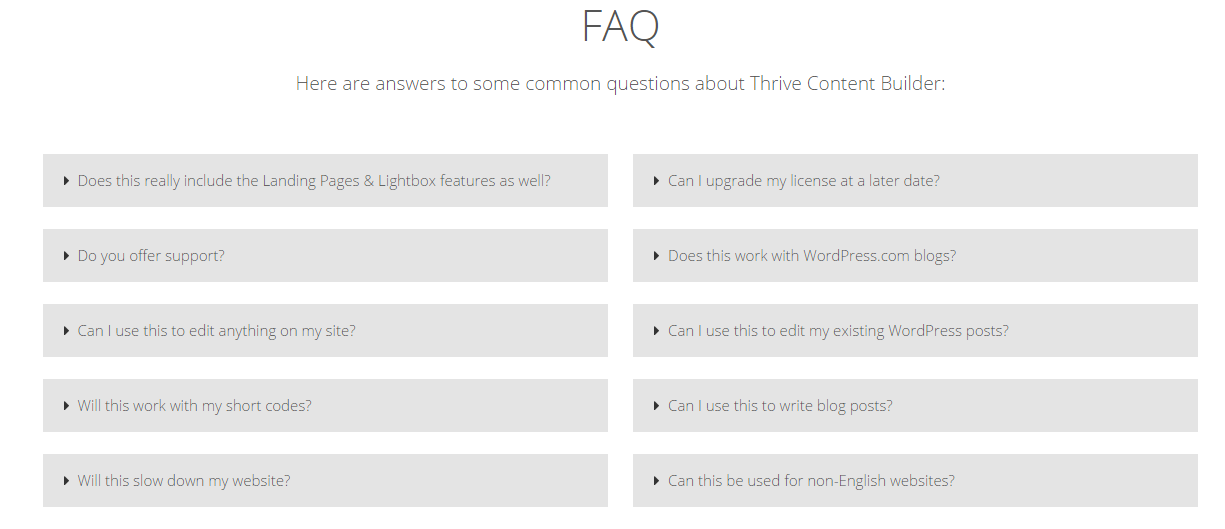

Comments (22)